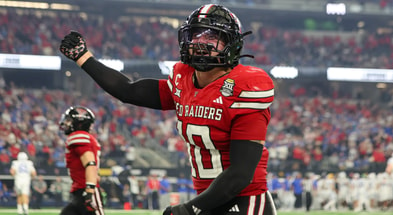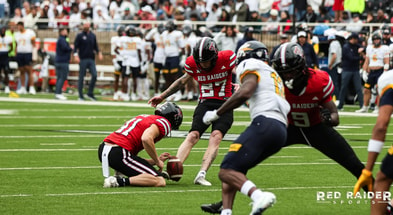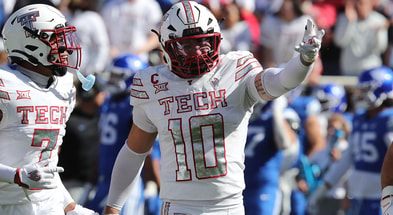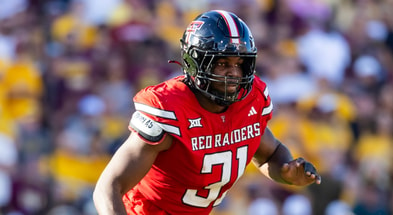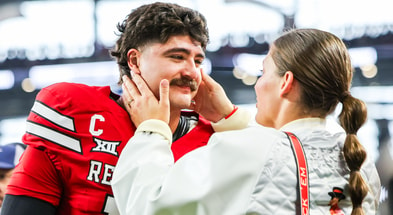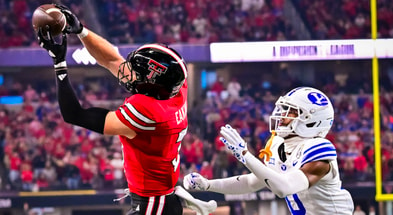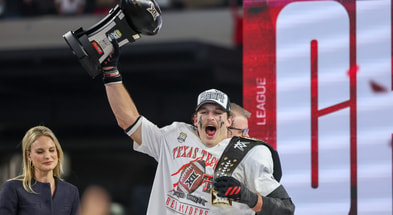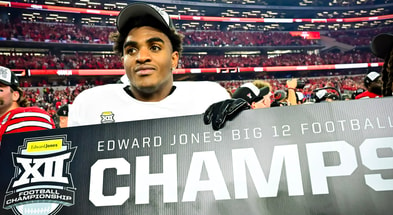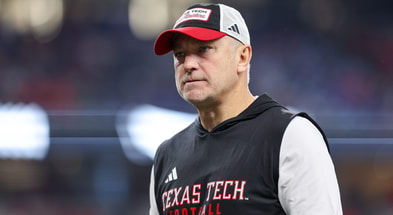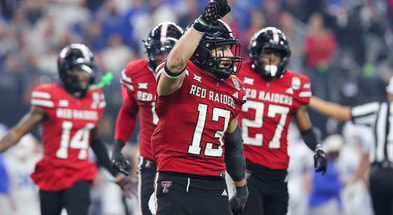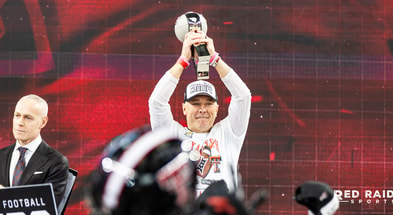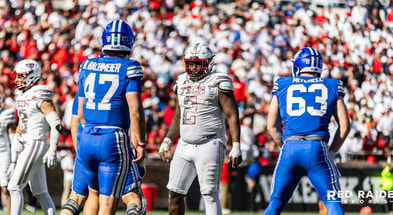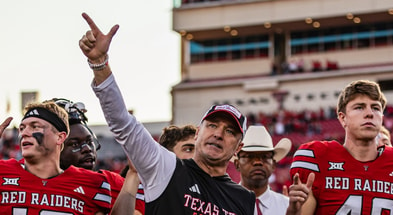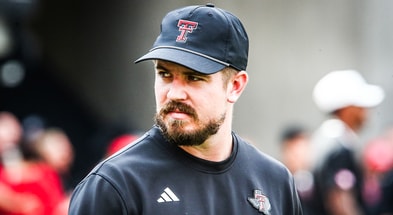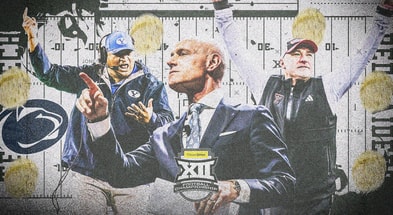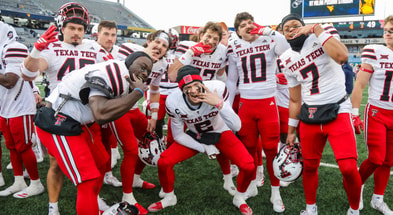Process Over Panic: What Shiel Wood Got Right That Tech Didn’t
Let’s start the On3 era with a potential hot take, I don’t think the 2024 version of the Texas Tech defense was any worse than the offense. Both sides had their moments—good and bad—and both consistently failed to play complementary football. If someone wanted to argue that the defense’s lows were lower than the offense’s (cue the nightmare in Stillwater), I’d hear them out. But on the whole, the gap wasn’t as wide as public perception suggests.
Brian Fremeau’s (probably the best analytics site going, RIP FootballOutsiders) FEI ratings had the Tech defense ranked 45th, and the offense ranked 55th.
None of that really matters now, I guess, but I do find it interesting when you think of how narrative goes a long way in shaping the way a football team is discussed. Then you look at the numbers, and they create their own narrative.
That idea led me to revisit Texas Tech’s defense under Tim DeRuyter last season and compare it to Shiel Wood’s Houston unit, particularly in their respective matchups against TCU. For Tech, it was one of their most frustrating losses; for Houston, it was arguably their best win.
One major narrative surrounding Tech’s defense was that the personnel simply wasn’t good enough. I’m not entirely sold on that. In fact, I think that idea became a self-fulfilling prophecy. This is pure conjecture, but after watching the film, it felt like off-field issues may have started affecting DeRuyter’s ability to design and call a cohesive defense.
DeRuyter has built a reputation for producing defenses greater than the sum of their parts. That’s what makes last year so puzzling. It looked like he was overcompensating—trying too hard for “home run” calls, asking players to do too much, and pressing in ways that backfired.
For the season, the Red Raiders had a NFL Passer Rating against of 102.2, while the Cougars boasted a 89.8. According to BCF’s and CollegeFootballData‘s various explosiveness/big play ratings, the Houston defense was better at limiting chunk passing plays than Texas Tech.
These are the kinds of plays that drove me nuts all year. Tech is sending a 5 man pressure and running man-free behind it. I get we’re trying to force the issue on third down with TCU deep in their own territory, but is leaving an inexperienced secondary on an island really what you want? Bad process = bad results.
I’m not going to pretend I know the ins and outs of Houston’s roster, but I know they weren’t good. In a similar situation, Shiel Wood plays it differently. Houston rushes three, drops into what looks like a Cover 2 Robber variant, and gives the defense a chance to bait the quarterback into a mistake. The scheme funnels the ball right into the waiting safety’s zone. It’s subtle, smart, and effective. Good process = good results.
If there’s one play that encapsulates Tech’s issues last year, it’s this one. They send an all-out pressure, and while Dingle nearly gets home, the whole approach raises questions. Why are we forcing the issue here? Why is Ben Roberts in single coverage against a vertical threat? Chapman Lewis—who can play—is caught off guard and takes a poor angle, seemingly unaware of the coverage responsibility. Again: bad process = bad results.
Seeing the preparation level between Tech’s defense and UH’s defense in these games is shocking. It’s the little stuff too, UH is running a very similar blitz to Tech in the previous clip, but watch what their blitzer does when he realizes he’s not going to get to the QB, hands go up. That little thing forces a more awkward throwing angle for the QB, and a potential 1st down is now 4th. I say potential first down because look at the UH safety and corner, they peel off and are flying to that receiver. Speculation, but this stuff screams preparation to me, and also, good process = good results.
I think Tim Deruyter did a good job here, but things got weird last season, and it wasn’t just personnel related. There was a notable drop off in good process/seeming prepared, and a notable uptick in “WTF?!” Obviously, the upgrades in personnel are going to be transformational for this side of the ball, but, after watching some film, I was encouraged to see those upgrades would be in the hands of a guy who has his side of the ball well prepared every week.

